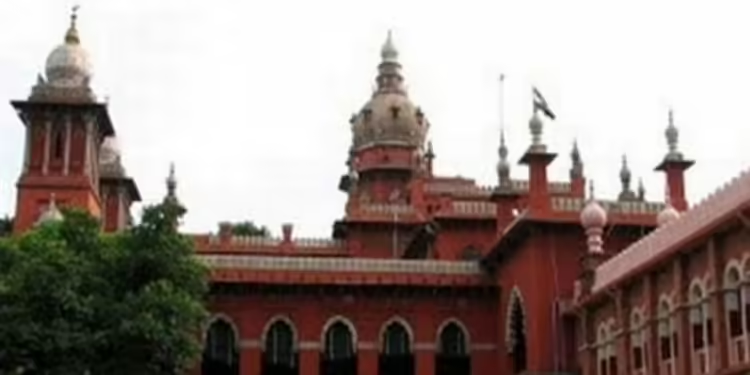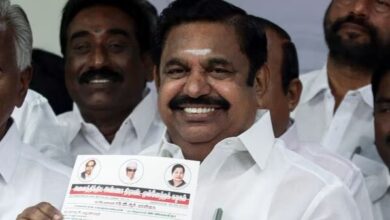Madras High Court queries: How may writ powers be revoked? ECI
In relation to appeals against the chief electoral officer’s orders regarding the pre-certification of poll advertisements, the Madras High Court has questioned the Election Commission of India about how it can revoke the court’s writ jurisdiction as granted by Article 226 of the Constitution.

When the DMK filed petitions challenging the Tamil Nadu CEO’s orders denying permission for the party to run poll advertisements, the first bench of Chief Justice SV Gangapurwala and Justice J Sathya Narayana Prasad raised the question. The petitions questioned the legality of clause 3.8 of the rules governing certification of the advertisements, which states that appeals against the CEO’s orders may only be filed before the Supreme Court.
In his petitioner’s appearance, senior lawyer R Shanmugasundaram questioned the ECI’s justification for the rule’s foundation in the April 13, 2004, Supreme Court ruling.
“It was a temporary ruling that was limited to the specific instance. Although a copy of the final order is not accessible on the SC website, it may have been passed. He informed the bench that “the ECI cannot say that its rule is based on such an interim order.”
Representing the ECI, advocate Niranjan Rajagopalan said that the rule on appeals is predicated on the Supreme Court’s ruling, which has been repeatedly extended and is in effect for the current elections as well. He said it was unavailable when the bench requested him to provide a copy of the final order.
The bench said, “You (ECI) cannot double up with Article 226 of the Constitution which provides the powers (of writ jurisdiction) to the high court,” in reference to the argument that the appeal against the CEO order could only be filed before the Supreme Court.
It postponed the case to the same day for further hearing and instructed the ECI counsel to provide the SC’s final order copy on Thursday.






